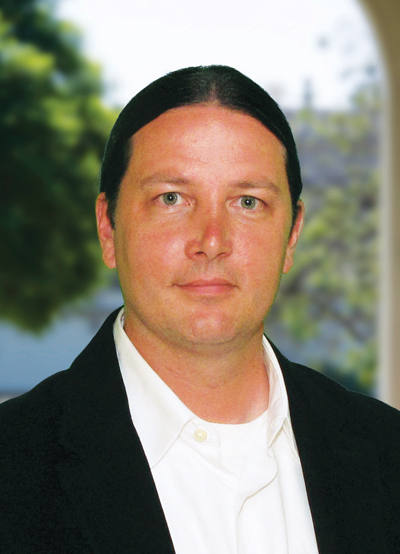 Lecture by Louis Komjathy, Assistant Professor of Chinese Religions and Comparative Religious Studies, University of San Diego
Lecture by Louis Komjathy, Assistant Professor of Chinese Religions and Comparative Religious Studies, University of San Diego
Thursday, March 6, 7:30 p.m., Cowles Library Reading Room
How does one speak the unspeakable, say the unsayable, name the unnameable? How does one subvert the human tendency to become mired in intellectual constructs, philosophical rumination, and psychological confusion, especially with respect to matters of ultimate concern? This talk examines Daoist uses of “apophatic discourse” and “grammars of ineffability,” or the way in which (apparent) negation is central to Daoist approaches. In addition to providing a foundational introduction to Daoism in general and the Zhuangzi (Book of Master Zhuang) in particular, Komjathy will explore Daoist meditation and mystical experience, with attentiveness to representative modes of expression and description. In the process, he suggests that one must understand Daoist contemplative practice and mystical experience as the root of “Daoist philosophy.” Daoist apophatic discourse presupposes a contemplative and mystical perspective on being and sacrality. It is a praxis-based and experiential perspective. Daoist views of language in turn reveal alternative uses of linguistic expression, beyond mere communication and description. We may begin to imagine “soteriological linguistics.”
Louis Komjathy (Ph.D., Religious Studies; Boston University) is Assistant Professor of Chinese Religions and Comparative Religious Studies at the University of San Diego. A leading scholar of Daoism (Taoism), his particular interests include contemplative practice and mystical experience. He is also founding Co-chair (2004-2010) of the Daoist Studies Group of the American Academy of Religion, founding Co-chair (2010-present) of the Contemplative Studies Group of the American Academy of Religion, and manager of the Contemplative Studies website. He has published widely on Daoist religious practice, including the recent The Way of Complete Perfection (State University of New York Press, 2013) and The Daoist Tradition: An Introduction (Bloomsbury Academic, 2013). Beyond his academic work, he is a member of the advisory board for Monastic Interreligious Dialogue and founding Co-director of the Daoist Foundation, a non-profit religious and educational organization dedicated to fostering authentic Daoist study and practice.
Listen to audio of Komjathy’s talk:
Or view his presentation:


